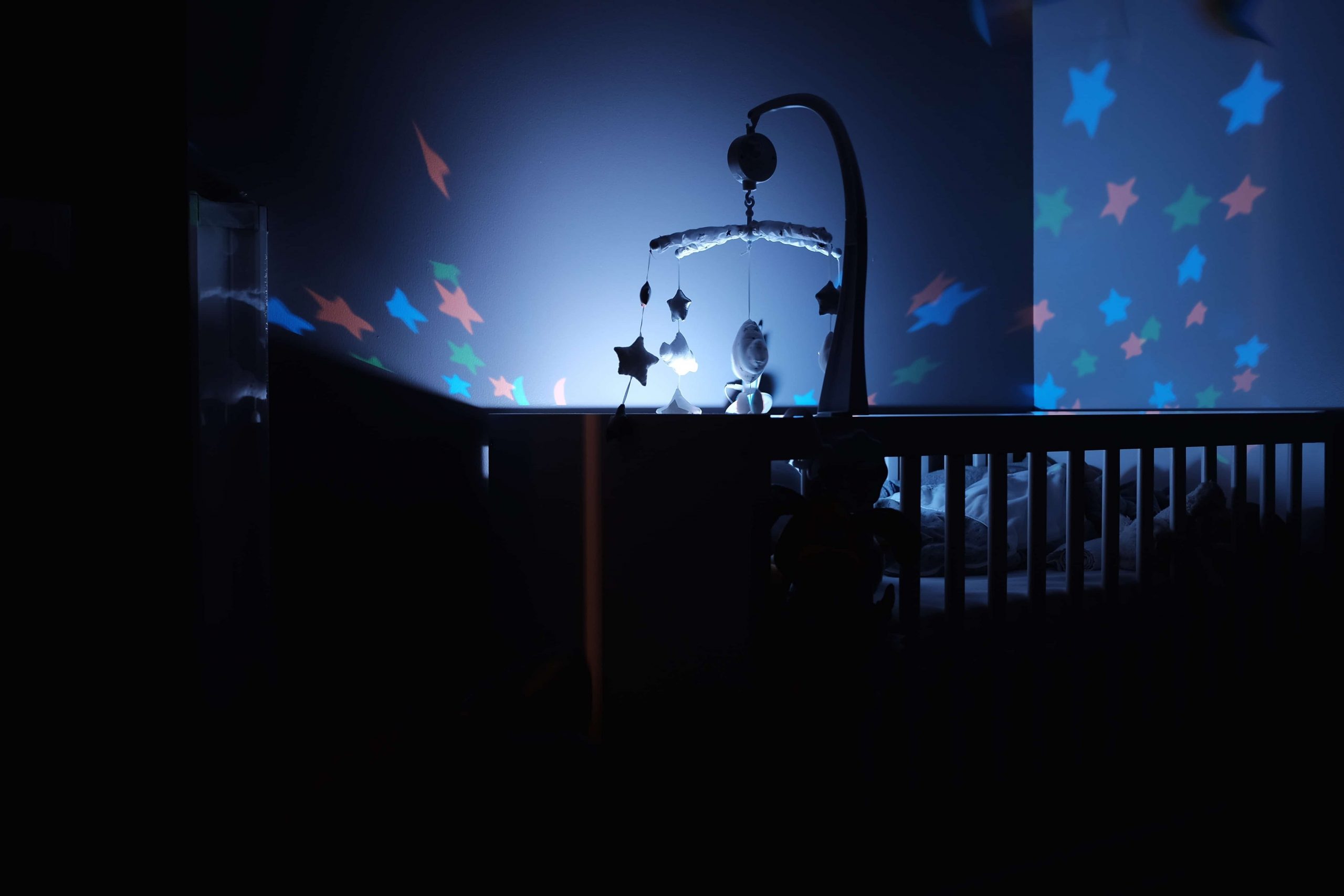
Baby Sleep and the Seasons: How sleep changes with shorter days
2020 has had its fair share of shakeups (to say the least). Now that we’re settling into winter, there may be another […]

6 Reasons Your Family Needs a Sleep Coach
A sleepless baby can lead to sleepless nights for the entire family. But instead of feeling discouraged, you can feel empowered, educated, […]

Identifying Your Baby’s Sleep Style
Navigating newborns and infants are challenging for any parent. But identifying their sleep style or patterns can be even tougher, especially when […]

Managing Parental Stress During a Pandemic
The COVID-19 pandemic has taken its toll on the country and the world in more ways than one. For parents, that stress […]

5 Bedtime Routine Mistakes to Avoid
Bedtime routines are crucial for a good night’s sleep for everyone — babies, toddlers, and parents. But if your little ones are […]

Daylight Saving Time: How to Get Baby Back on Schedule
If you’re not living in one of the few states who don’t observe Daylight Saving Time, there are ways to get your baby’s internal clock back on schedule.
RuTOR крупнейший Darknet ресурс на теневом рынке с развитым комьюнити!
ome kids have persistent nightmares, trouble sleeping, or behavioral problems that affect their quality of sleep. That’s why it’s important to make your child’s bedroom a positive place so they can get the best sleep possible. We have tips to help your child embrace their bedroom!

Baby Created Sleep Plan – Creating Sweet Dreams
– Creating Sweet Dreams by Rachelle Gershkovich “Using a gentle, baby created approach, our baby sleep training plans are holistic and nutrition-based. […]